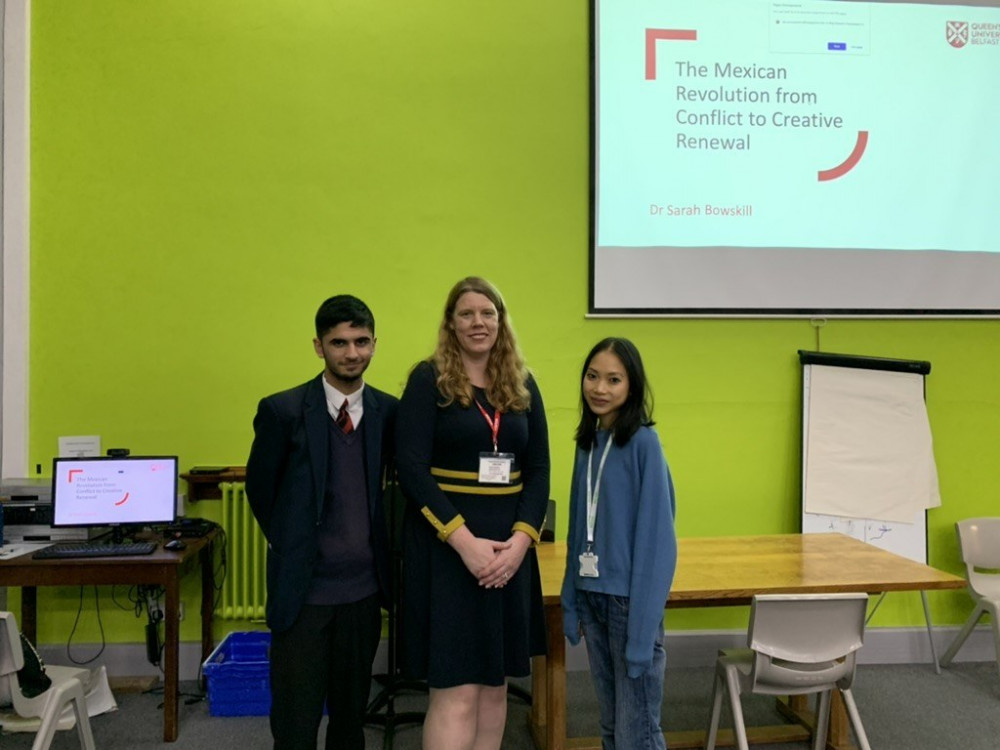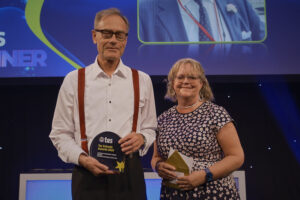On Tuesday 22 November, we had the honour of a talk given to us by Dr Sarah Bowskill
(from Queen’s University in Belfast) about the early 20th century Mexican Revolution
(1910 – 1920), that is unfortunately too often overlooked, due to its running parallel to
the First World War. Dr Bowskill spoke about the (although different and conflicting)
ideas from various influential historical figures – such as Francisco Madero, Pancho
Villa, Emiliano Zapata, Carranza, and Adolfo de la Huerta – that all combined in a
consensus for change and revolt. This ultimately, after a lengthy period of power-
struggle, led to the consequential end to the 30-year dictatorship of Porfirio Diaz’s
regime; marking the beginning of a new constitutional republic. Dr Bowskill also spoke
about the hardships from this prolonged period of struggle that was experienced by the
wider Mexican society; as there is evidence of dissatisfaction at the instability of
governance reflected within the literature written during that time, and in the artwork
that was produced as well. Hence shining a light on the importance of studying
languages – as it is through the study of literature that we can gain a true and more
comprehensive understanding of the societal impacts that result from a period of such
intense political change. It was truly inspirational to learn about how doors of
possibilities and windows into the past can be opened though the study of a language
and its literature (and thus inspire the development of societies today). Many thanks to
the Spanish Department at KES and KEHS.
Rosabella












